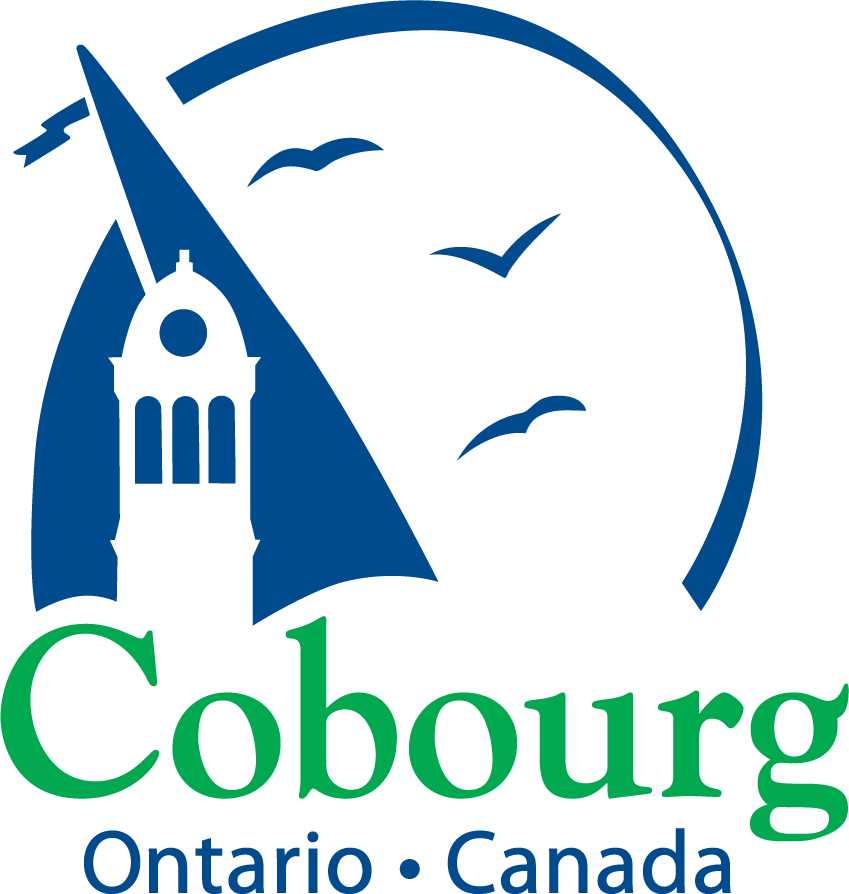- Seek medical treatment - Call 911
- Report the bite (Municipal Law Enforcement 905-372-8380 and Health Unit 905-885-9100)
- Provide a description of the dog
- Retrieve the dog owner's name and address
- Record specific information (date, time, location)
- Gather witness information
- Take photos of the bite injury
- Write a handwritten statement with all details as soon as possible
Animal Services
The Town of Cobourg in agreement with the Northumberland Humane Society actively promotes a safe and healthy environment for people and all animals.
Contact:
For those who require assistance for an animal-related incident including but not limited to a lost or found pet, sick or injured stray animal, animal-related by-law infraction, or other animal-related emergencies please contact the Municipal Law Enforcement Department. .
Contact Information
Phone: 905-372-8380
Email: bylawenforcement@cobourg.ca
Location: 201 Second Street (Market Building)
Hours of Operation: Monday to Friday, 8:30 a.m. - 4:30 p.m.
In addition to regular office hours Municipal Law Enforcement and Licensing Services staff have organized coverage 24 hours/day, seven days a week. Residents can also report issues and get immediate assistance with emergency situations such as injured animals or aggressive dogs/dog bites during regular business hours and in the evenings.
Dog Bite Procedure
If you are the owner of a dog that has bitten
- Leash your dog
- Isolate your dog from other people/animals
- Report the bite (Municipal Law Enforcement 905-372-4301 and Health Unit 905-885-9100)
- Write a handwritten statement with all details as soon as possible
Wildlife Control
The Town does not respond to calls about urban wildlife that are running at large or who have entered a dwelling or place of business.
Municipal Law Enforcement and Licensing Services do not enforce Ontario's trapping regulations. Complaints and inquiries should be directed to the Ministry of Natural Resources.
If you care about waterfowl, please stop feeding them. Read the Keep Wildfowl Wild brochure.
Feeding Wildlife: Dos and Dont's
Read the tips on how to prevent wild animals from feeding in and around your property.
Rescuing a Sick, Injured or Abandoned Animal
If you find a sick or injured wild animal please contact the Ministry of Natural Resources by calling 1-800-667-1940 or visiting their website.
By law, you generally cannot keep wild animals captive or release them into the wild in Ontario. View more information on wild animals in captivity.
Managing Human Wildlife Conflicts
Please read the Managing Human Wildlife Conflicts Brochure.
Coyotes
Coyote sightings are commonplace and in general, coyotes are wary of people. They should not be fed or approached. Feeding coyotes takes away their ingrained fear of humans, which is needed for humans and coyotes to safely co-exist. Please see some commonly asked questions below and refer to the Resources linked for further information.
What To Do If You Encounter a Coyote
Coyote sightings are commonplace. If you see a coyote, keep your distance and the animal will most likely avoid you. If you encounter an aggressive coyote, there are several things you should know and do:
- Never approach or touch a coyote.
- Stop and pick up small children and pets.
- Do not turn your back on, or run from, a coyote.
- Maintain direct eye contact, make noise, use strong verbal cues such as yelling (no screaming) and slowly back away while remaining calm.
- Carry a flashlight at night to scare off coyotes.
- If a coyote poses an immediate threat or danger to public safety, call 911.
How Can I Prevent Coyotes from Visiting My Yard?
- Remove food attractants from your yard - secure your garbage, keep pet food indoors, clean up spilled bird seed and fallen fruits.
- Keep your property clean - trim back bushes and weeds, scoop your dog poop, keep your barbeque area clean.
- Secure your home and sheds - seal openings into and under buildings, decks and porches.
- Keep your dog on a leash and closely supervise them when they are outdoors.
- Bring your pets in at night.
Why Do I See Coyotes More Frequently?
Coyote sightings are more frequent in the Winter during mating periods (January - February), Spring during den selection/pup rearing (March - June) and Fall during the dispersal of pack members.
- Coyotes in the Urban Landscape online module
- Coyote Watch Canada information
- Ministry of Natural Resources information
Animal Adoption or Surrender
For those in need of surrendering a pet or interested in adoption please contact the Northumberland Humane Society.
Phone: 905-885-4131
Email: info@northumberlandhs.com
Location: 2363 Theatre Road, Cobourg
Hours of Operation: 11:00 a.m. to 4:00 p.m.
Contact Us
Town of Cobourg
55 King Street West
Cobourg, ON K9A 2M2
Phone: 905-372-4301
Toll Free: 1-888-972-4301
Sign up for our Newsletters
Stay up to date on the Town of Cobourg's activities, events, programs and operations by subscribing to our eNewsletters.




